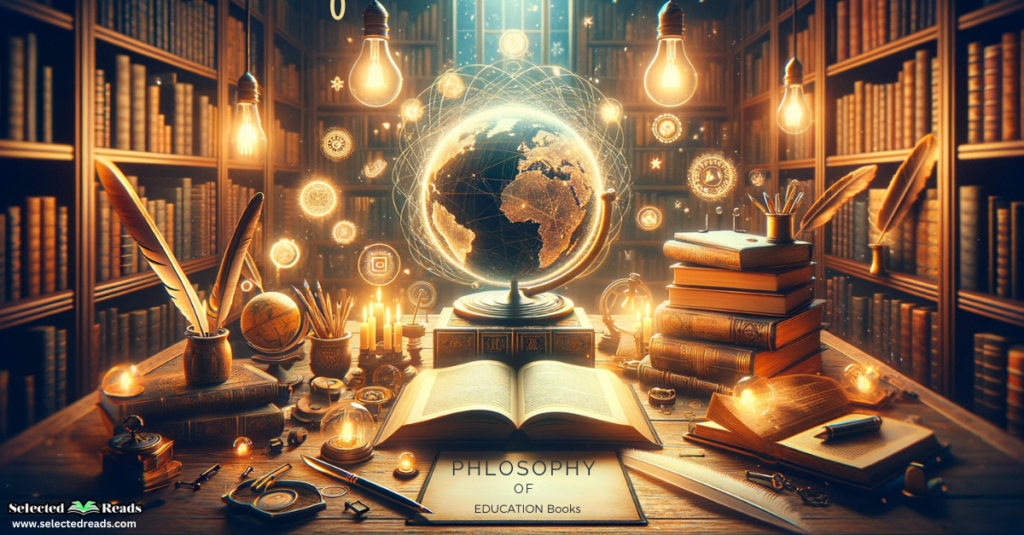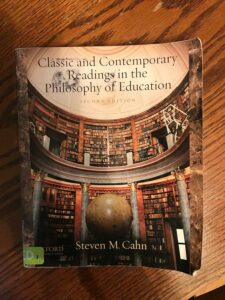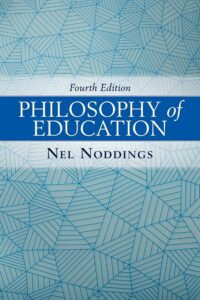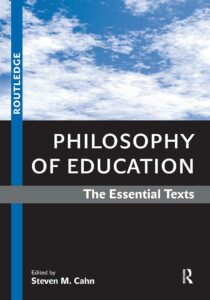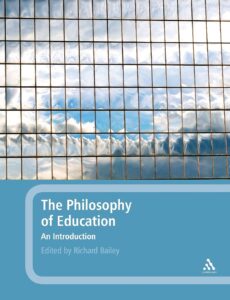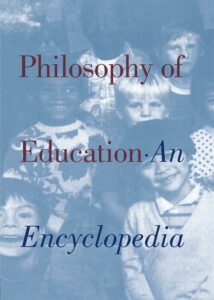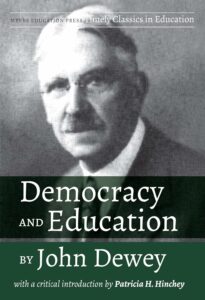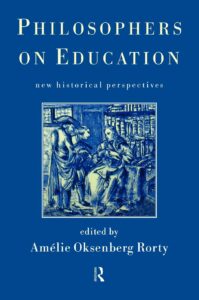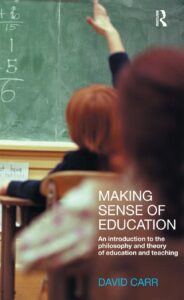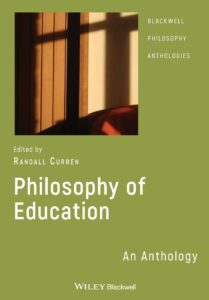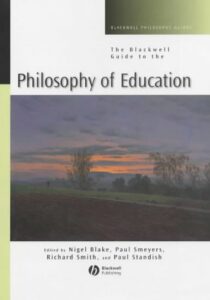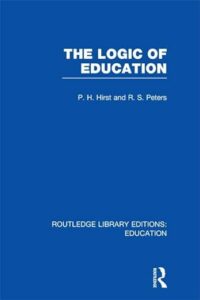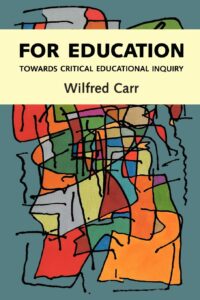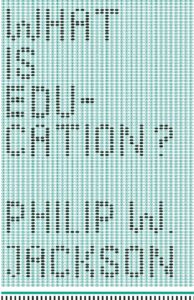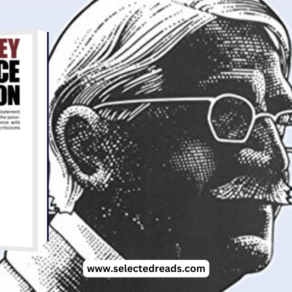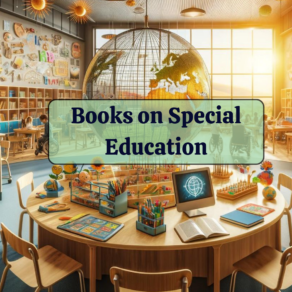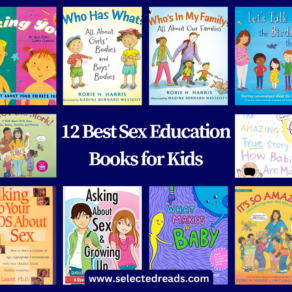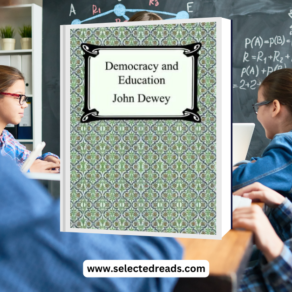Exploring the world of philosophy of education was one of the most enriching aspects of my doctoral journey at Mount Saint Vincent University (Canada). My years spent there weren’t just about hitting the books; they were about unraveling the layers of meaning behind how we teach, why we teach, and the broader implications of education in a democratic society.
In today’s post, I am sharing with you this collection of carefully selected philosophy of education books that I’ve either had the pleasure to read cover-to-cover or skimmed through during those intense research sessions.
For those of you who are passionate about the intersections of education, society, and ethics, this list philosophy of education books offers a dynamic range of insights. Each book provides a unique lens through which to explore the pressing issues and philosophical debates that continue to shape our educational policies and classroom practices.
As someone who’s lived and breathed these topics—both in the classroom and as an educational researcher—I encourage you to delve into these works. Let’s continue the important dialogue around education’s role and potential in our lives and communities.
Related: 40 Practical Philosophy of Education Examples
Philosophy of Education Books
Here are some seminal philosophy of education books to consider reading:
1. Classic and Contemporary Readings in the Philosophy of Education, by Steven M. Cahn
This anthology, curated by Steven M. Cahn, serves as a comprehensive exploration of the philosophy of education, giving readers a blend of foundational texts and modern insights. The book adopts a dual-layered approach: it starts off by guiding you through the quintessential works of philosophers like Plato, Locke, and Rousseau before diving into contemporary discourses that include feminism and multiculturalism.
The book also distinguishes itself by offering substantial pieces of text, thereby allowing for a more in-depth understanding. Its expanded second edition enriches the discourse further by adding even more perspectives. Indeed, this is a go-to resource for those who want to understand educational philosophy from its roots to its present-day challenges.
2. Philosophy of Education, by Nel Noddings
Nel Noddings’ book is like a bridge between traditional philosophical foundations and today’s evolving educational landscape. She goes the extra mile by delving into both analytic and continental traditions, breaking down complex concepts like logic and critical thinking in a way that’s accessible, especially in the context of the new Common Core standards.
Given my own experience with dissecting educational policy, I particularly appreciate how Noddings does not shy away from scrutinizing contemporary trends and linking them back to foundational ideas. This book is a well-rounded survey and a must-read for not just educators but anyone interested in the state of education today.
3. Philosophy of Education, by Steven M. Cahn
In this book, Steven M. Cahn presents a chronological arrangement of philosophical discussions on education, right from Plato and Aristotle to 20th-century thinkers like Dewey. What I personally found striking is the use of interpretative essays following each major text, as they offer a nuanced understanding, almost like a guided tour through complex philosophical terrains.
It’s a great way to get your feet wet in both the history of ideas and the foundational aims of education. The book strikes a balance between breadth and depth, making it perfect for courses in philosophy of education or anyone interested in understanding how educational aims have been viewed across history.
4. The Philosophy of Education: An Introduction, by Richard Bailey
Richard Bailey’s book encourages active reader engagement with its topic-wise focus and questions for reflection. Not just a one-sided lecture on educational philosophy, this book invites you to become a part of the conversation. Extracts from philosophical writings are presented, followed by questions that guide you to think critically.
The design of the book makes it a suitable pick for students and trainee teachers but also for anyone interested in a hands-on approach to the subject. You’re not just absorbing information; you’re prompted to think, question, and perhaps even disagree, which, let’s face it, is what education is all about.
5. The Oxford Handbook of Philosophy of Education, by Harvey Siegel
Harvey Siegel’s Oxford Handbook aims to reposition the philosophy of education back into the limelight within the broader context of general philosophy. As someone who’s passionate about the intersection of educational research and practice, I find this book to be a treasure trove. It offers 28 essays that cover a variety of philosophical questions about education, written by a mix of distinguished philosophers and philosophers of education.
It’s both an introduction and an advancement of key issues, making it ideal for those new to the field as well as for those who want to deepen their understanding. If you’re looking for a well-rounded, comprehensive guide, this is your book.
6. Democracy and Education, by John Dewey
John Dewey’s “Democracy and Education” is a classic that has had profound influence on educational theory and practice for over a century. In a time where education is being narrowly defined by test scores and metrics, Dewey’s thoughts are a fresh return to what education in a democracy should be.
He advocates for an environment where learning is collaborative and contextual, much like how a democratic society should function. As I’ve navigated the trenches of classrooms and educational research, I’ve seen firsthand how Dewey’s emphasis on the “environment” can make or break learning experiences.
If we think of schools as mini democracies, Dewey’s theories could not be more relevant. In a time where the focus is shifting more towards online individual learning, Dewey’s insights ring an alarm bell. Education, according to him, isn’t just about cramming information but about shaping citizens capable of thinking critically and contributing to society. I think anyone serious about reforming education could benefit from revisiting Dewey’s Democracy and Education, particularly given the pressures of the digital age.
7. Philosophy of Education: An Encyclopedia, by J.J. Chambliss
J.J. Chambliss’ “Philosophy of Education: An Encyclopedia” is a comprehensive guide that covers an array of philosophers and their impact on education from antiquity to the present. It dives deep into key educational philosophies and concepts that have shaped educational thought.
With a world that is becoming increasingly specialized, understanding the philosophical underpinnings of education can offer valuable perspective. Just like a teacher needs a diverse toolset, having a grasp of different philosophies can help policymakers, researchers, and educators make informed decisions. I love the book’s comprehensive approach; it’s like a one-stop shop for anyone who wishes to understand the many layers that contribute to educational theory and practice.
8. Philosophers on Education: New Historical Perspectives, by Amelie Rorty
Amelie Rorty’s “Philosophers on Education” takes a historical lens to the philosophy of education, making it an intriguing read for anyone keen on understanding how past ideas have shaped current educational paradigms. The book not only elucidates the philosophy of education but also serves as a mirror to the societal values and contradictions we grapple with today.
While conducting educational research, I’ve often found myself revisiting history to better understand modern challenges. Rorty’s book works like a time machine, offering not just a history of educational philosophy but also a history of us.
9. Making Sense of Education, by David Carr
David Carr’s “Making Sense of Education” is a modern look at the various philosophies that impact education, teaching, and learning today. He discusses the role of a teacher and the wider moral dimensions of pedagogy, something I think is often lost in today’s metrics-driven education system.
The division of the book into three parts gives a structured approach to some of the most complex and contentious issues in education. Carr’s discussion on the “moral dimensions of pedagogy” resonates deeply with me. Over the years, I’ve often felt that teaching isn’t just a job; it’s a moral endeavor that impacts lives far beyond the classroom walls.
14. Philosophy of Education: An Anthology , by Randall Curren (Editor)
When it comes to encompassing a variety of perspectives, Randall Curren’s anthology hits the nail on the head. Featuring thought-leaders from Plato and Aristotle to Locke and Rousseau, this book makes sure no critical voice is left unheard. It’s particularly beneficial for those who aim to engage deeply with different aspects of educational practice, from teacher professionalism to parental choice.
15. The Blackwell Guide to the Philosophy of Education, Edited by Nigel Blake, Paul Smeyers, Richard D. Smith, Paul Standish
If you’re keen to explore the trajectory of philosophy of education in the 20th century, this guide is like a time capsule. It doesn’t just rehash the historical context; it attempts to project future possibilities for this field. The multi-editor format provides a multi-faceted view, making it a comprehensive yet easy read for those who like their philosophy of education served up with an extra helping of depth.
16. The Logic of Education (RLE Edu K), Edited by Paul H Hirst, R S Peters
This one dives deep into the nitty-gritty of educational theory. For anyone questioning the position of education in the structure of knowledge, it offers invaluable perspectives. It’s not just a philosophical exercise but also a guide for understanding the role of education in the larger framework of society.
17. For Education: Towards Critical Educational Inquiry, by Wilfred Carr
Wilfred Carr presents a compelling case for redefining educational theory and research as a form of critical inquiry. His book provokes you to reconsider the ethical and philosophical underpinnings of education. He’s got me rethinking how we often compartmentalize educational practice and theory, presenting a compelling argument for their interdependence.
18. What Is Education? by Philip W. Jackson
In the style of Dewey, Jackson also embarks on an odyssey to explore the essence of education. However, he takes it a notch higher by placing education as a moral enterprise. In the age of information overload and ideological battles, the book serves as a reminder of the foundational purposes of education, which extend far beyond mere skill acquisition.
Final thoughts
In the ever-evolving field of educational studies, where we’re constantly grappling with new pedagogical strategies and technologies, these foundational philosophies serve as both a compass and an anchor. They push us to reflect on the essential questions that govern our educational choices and remind us that the classroom is, at its best, a microcosm of the society we aspire to build.Whether you’re an educator, a parent, or a lifelong learner, these works offer a wealth of perspectives that are as timely as they are timeless.
P.S. All book covers are sourced from Amazon



